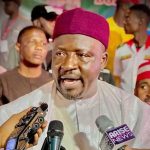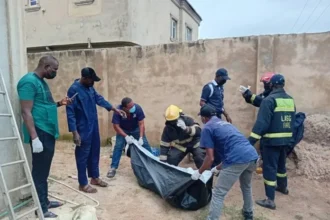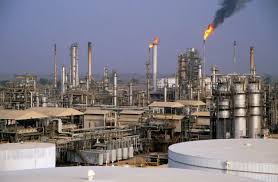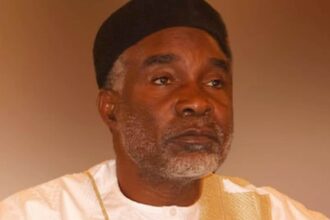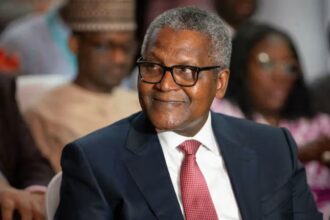...To get all news updates, Join our WhatsApp Group (Click Here)
Also Join our WhatsApp Channel (Click Here)
A Federal High Court in Lagos has dismissed the applications by two Indian nationals, Prem Garg and Devashish Garg, and a Briton, Marcus Wade, to quash a bench warrant issued for their arrest and extradition.
The warrant was issued in connection with an alleged $42.485 million fraud. The court found the applications lacking in merit.
The defendants—Prem Garg and Devashish Garg, along with Marcus Wade, Chairman of Wilben Trade Limited, Dubai—are charged by the Attorney-General of the Federation (AGF) with defrauding Ecobank Plc of $42,485,900.
The alleged scheme involved pretending to use the funds to purchase and import parboiled rice from Nigeria to India.
The charges, detailed in case number FHC/L/562C/2022, dated October 7, 2022, include the following counts: “That you, Prem Garg, Devashish Garg (both of Indian nationality), Agrico Agbe Limited (a company registered in Nigeria), Wilben Trade Limited, Dubai (a company registered in the United Arab Emirates), and Marcus Wade (Chairman of Wilben Trade Ltd, Dubai, of British nationality), between May and September 2015, at Ecobank Plc, Lagos, conspired to commit an offense punishable under Section 422 of the Criminal Code Act, Cap C38 Laws of the Federation of Nigeria, 2004.”
“That you, Prem Garg, Devashish Garg both of Indian nationality, Agrico Agbe Limited (a company registered in Nigeria), Wilben Trade Limited, Dubai (a company registered in the United Arab Emirates, Dubai), Marcus Wade (Chairman of Wilben Trade Ltd, Dubai) of British nationality, sometime in the month of May and September, 2015 at Eco Bank Plc., Lagos within the jurisdiction of this court conspired between yourselves to commit an offence to wit: Cheating in that you caused Ecobank Plc to deliver monies to the tune of $42,485,900, which was intended by contract for the purchase and import into Nigeria India Parboiled rice but never utilized the sum of money for the contract and thereby committed an offence punishable under Section 421 of the Criminal Code Act, Cap, C38 Laws of the Federation of Nigeria, 2004.”
However, while the charge is pending, the defendants did not appear in court to take their pleas on the charges.
The development made the office AGF, through its lawyer, Dr. Pius Akutah, now Executive Secretary/Chief Executive Officer, CEO, of the Nigerian Shippers Council, file applications before the court for issuance of a bench warrant and possible extradition against them.
The application was granted by Justice Akintayo Aluko, sometime in November 2023.
But the defendants, through their lawyers, Dele Belgore and Dr. Dada Awosika, SANs, filed applications to quash the orders for their arrest and extradition.
The application was countered by the AGF through its lawyer, Mrs. Kehinde Bode-Ayeni, who inherited the case file from Dr. Pius Akutah.
Justice Aluko, in delivery, said that the proceedings before the Magistrate Court in Delhi, India cannot operate as a stay in criminal proceedings in Nigeria because it’s not purely criminal proceedings, moreso, it is a proceeding in Nigerian court as constituted by the Nigerian constitution.
The second issue is that an order of status quo granted by another court cannot vitiate the criminal charge pending in this court.
The position of the administration of Criminal Justice Act which regulates criminal proceedings in Nigeria has stipulated that the criminal and civil proceedings can be going simultaneously.
On the final note, Justice Aluko held, “There is no merit in the applications filed by the defendants.”
The judge held that the two applications lacked merit and were dismissed.
Consequently, Justice Aluko adjourned the case to October 24, for report on bench warrant and further proceedings.
You can get every of our news as soon as they drop on WhatsApp ...To get all news updates, Join our WhatsApp Group (Click Here)
Also Join our WhatsApp Channel (Click Here)







